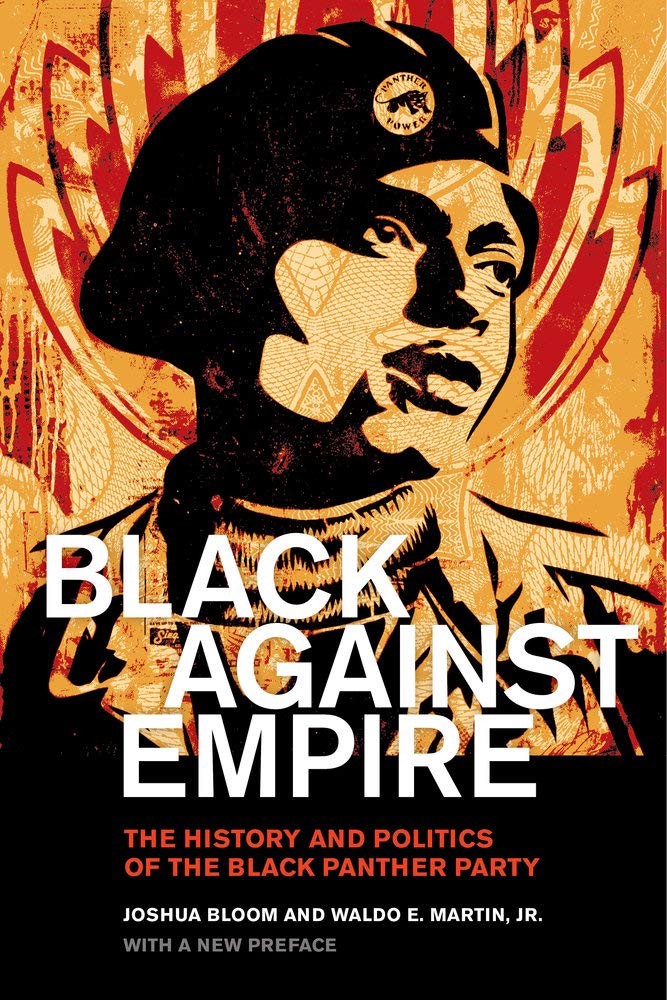Customer Services
Copyright © 2025 Desertcart Holdings Limited


Black against Empire: The History and Politics of the Black Panther Party (The George Gund Foundation Imprint in African American Studies)
Trustpilot
2 weeks ago
3 days ago
2 weeks ago
1 week ago